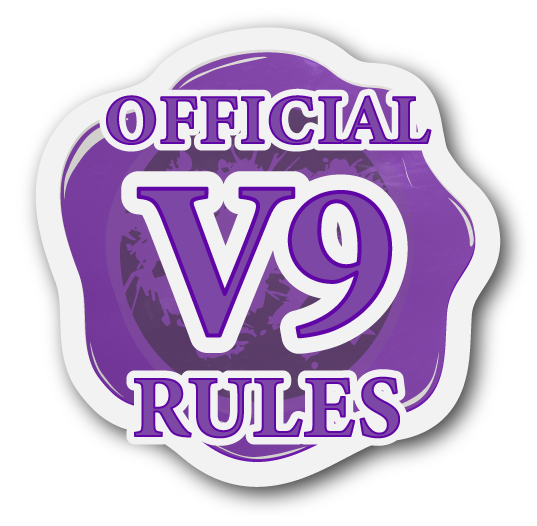V9: Physical Armor
- The Amtwiki is the official home and primary source for Amtgard V9 Rules as of February 25, 2023.
- These rules are currently in Open Alpha Playtest. See the Playtest Disclaimer for more details.
- To learn more about Amtgard V9 Development, please visit Amtgard.com.
- To view the current Amtgard V8 ruleset, please see the Amtgard V8 Rulebook.
Worn Armor
Worn Armor is represented on a player by actual pieces of physical armor worn by the player. Each piece is given an individual Armor Rating and then the Hit Location is assigned its Armor Point value based on the ratings of the different pieces covering it.
See the Armor Construction section for details about how to craft and calculate armor points.
Worn Armor only protects what it covers. If you have armor on your arm but have a gap on your elbow and are struck in that gap, you are wounded but do not lose any Armor Points.
Straps and other such material that hold the armor pieces on do not count as part of the armor unless they are specifically built to be as such.
General Rules
Armor grants an advantage in combat by protecting the wearer from physical strikes.
- Armor grants protection in the form of Armor Points.
- When armor in a Hit Location is struck, the victim loses one Armor Point in that location instead of suffering a Wound. If the location struck has no points to lose, the victim will suffer a wound as normal.
- Armor pieces do not track their damage individually. Instead, each Hit Location has an armor point total that is determined by averaging of all armor covering that area.
- Armor only protects what it physically covers. If your elbow is exposed and you are struck in that gap, you will suffer a wound but do not lose any Armor Points.
- Straps and other such material that hold the armor pieces on do not count as part of the armor unless they are specifically built to be as such. (A leather strap across your back holding on your breastplate will not protect you from strikes.)
- Armor Priority: If a strike hits the line between an armored area and an exposed area, the strike will count as only hitting the armor. In other words, if a player wants to strike a gap in your armor, their attack must cleanly hit inside the gap without touching any armor. Armor Priority is superseded by Torso Priority when applicable.
- Armor present on a wounded Hit Location will continue to function and protect against further blows as long as it has armor points to do so.
- There are two types of armor in Amtgard: Natural Armor and Physical Armor.
- A player can only benefit from a single armor type at a time.
- Rules that reference "Armor" in general apply to both types.
- Rules that reference a specific armor type will only affect that type.
V9: Worn Armor Limits V9: Worn Armor Visibility V9: Changing Armor During Gameplay Template:V9 Universal Armor Rules (Gameplay)

